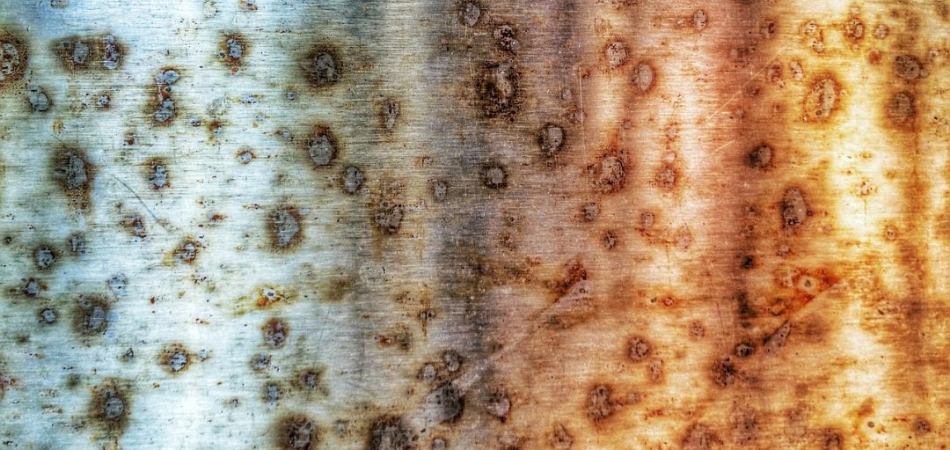Alloy is a metal that is made from a combination of two or more other metal elements. Because of this, it can be difficult to pin down exactly whether the alloy will rust or not. So, our focus on this page does alloy rust? Is to know if some chemical reaction can make alloy rust or not.
Yes. An alloy can rust, but the possibility depends on the composition of the alloy. If the alloy contains ferrous metals, it will rust, but if it doesn’t, the possibility of it rusting will be less. If an alloy contains iron, it will rust regardless of other metals that make up the mixture.
Even though a steel alloy is strong, it’s still vulnerable and is prone to rust when exposed to conditions that catalyze the corrosion reaction because it is ferrous (contains iron).
So, I advise you to read further as this page gives comprehensive information on what an alloy is, what can make it rust, the rate at which it can rust, and also lists some metals that can be alloys of iron but have a high level of corrosion resistance.
Contents
What is an Alloy?
An alloy is a mixture of metals or a metal that contains one or more than one extra element. Alloy can be the combination of metallic elements like copper and gold that produce red gold, silver, and gold that produces white gold, or copper and silver that gives sterling silver. All these can be collectively known as alloys of gold and silver.
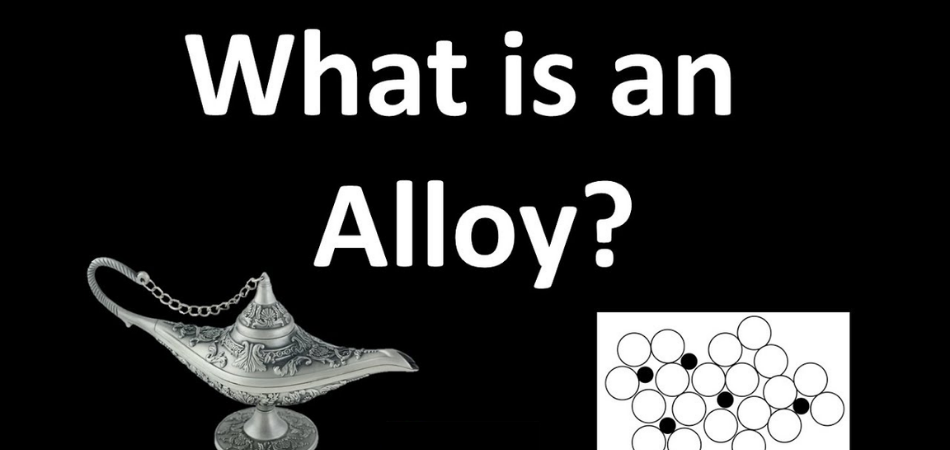
These alloys are strong because the mixture can contain various elements with variable atomic sizes. They have a very high level of resistance to corrosion than the alloy’s main metal. They also have a low ductility and malleability level and are hard in texture.
What Will Make an Alloy to Rust?
An alloy will rust if it contains a ferrous metal like iron. It’s important to note that all alloys can corrode while rusting will only occur when the alloy containing a ferrous metal gets exposed to moist air or water that can instigate a reaction that creates a layer of iron oxide.
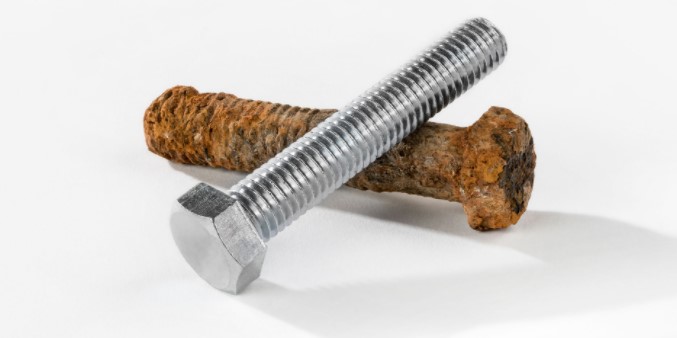
Alloys like aluminum alloy can tarnish if it contains another ferrous metal within their mixture, but pure aluminum will not tarnish because it has a protective layer that stops it from reacting with oxygen when exposed to water or moist air.
Alloys like stainless steel alloy will not tarnish because chromium which is one of the components of stainless steel alloy forms a hidden protective layer on the surface of the metal which is capable of preventing stainless steel from rusting, changing color, or tarnishing.
At What Rate Does an Alloy Rust?
Rusting of a metal alloy that contains iron can start almost immediately when it comes in contact with water molecules and moist air or oxygen, and may continue at a rate within 1/2mm per year.
This rate is dependent on the type of alloy undergoing the reaction (whether it contains iron or not) and water conditions in the environment. For non-ferrous alloy, it might take a few seconds to millions of years for the rusting process to start.
Does All Metal Alloy Rust?
No. All metal alloys cannot rust because of the presence of some metals that have a high level of corrosion resistance and are rust-proof.
Some of the metals with these properties are:
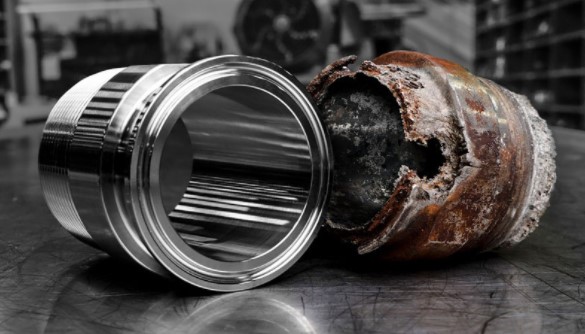
1. Aluminum Metal
Aluminum alloys contain a tiny amount of iron that is unnoticeable, so the aluminum metal present cannot rust but can oxidize, which is why many industries that produce automobiles use aluminum in the production of their parts.
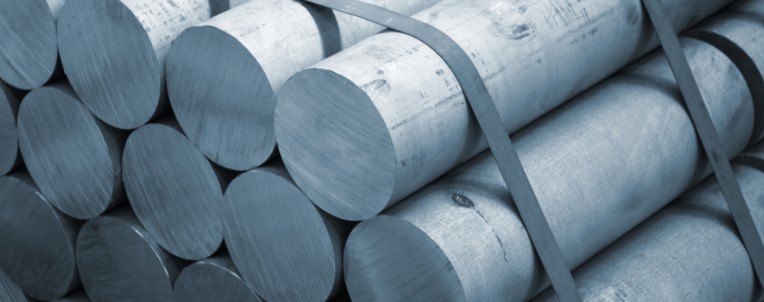
This aluminum metal is used for these purposes because of its lightweight and high level of corrosion resistance. When an aluminum alloy is exposed to water, a hard aluminum oxide layer forms quickly on the surface of the metal. This hard oxide layer protects the underlying metal from corroding further because of its high level of resistance to corrosion.
2. Galvanized Steel
This type of metal does not rust easily, but will eventually rust after a long time. It is carbon steel that has undergone a galvanization process where it gets coated with a thin layer of zinc. This layer of zinc protects the metal from undergoing corrosion by preventing water and oxygen from getting to the steel.
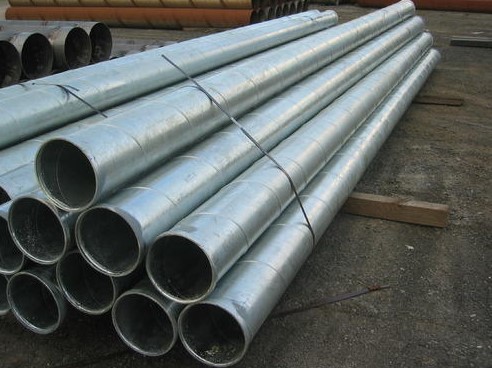
When the zinc coating gets scraped or scratched off, it will continue to protect close areas of the steel by building up a protective coating of zinc oxide or through cathodic protection.
Zinc and aluminum share similar characteristics because they are highly reactive to oxygen when moist air or water is present, and the coating that forms will prevent the iron in the alloy mixture from forming more oxides.
3. Stainless Steel
Stainless steel alloys that contain some iron or type 304 or 316 stainless steel types are easily oxidized to form rust, but many stainless steel alloys also contain a high amount of chromium (18%) which is more reactive than iron.
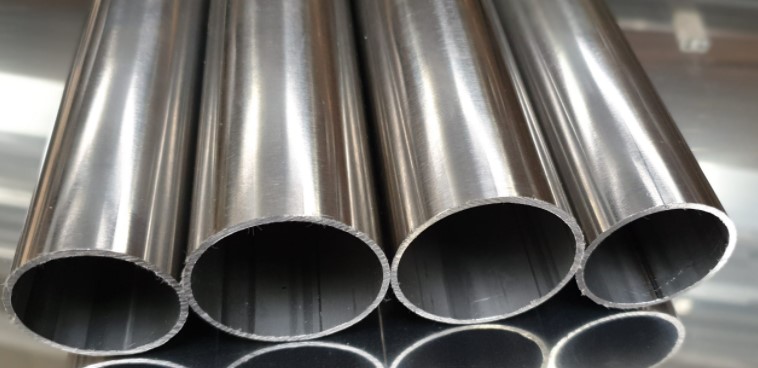
The chromium present in these stainless steel alloys oxidizes easily and forms chromium oxide which acts as a protective layer on the surface of the metal.
This chromium oxide layer prevents oxygen from getting to the underlying steel and also corroding. Some stainless steel alloys also contain molybdenum and nickel, and they add to their high level of rust resistance.
4. Copper, Brass, and Bronze
Copper cannot rust because copper oxidizes with time and forms a green patina which helps to protect metals from rusting further.
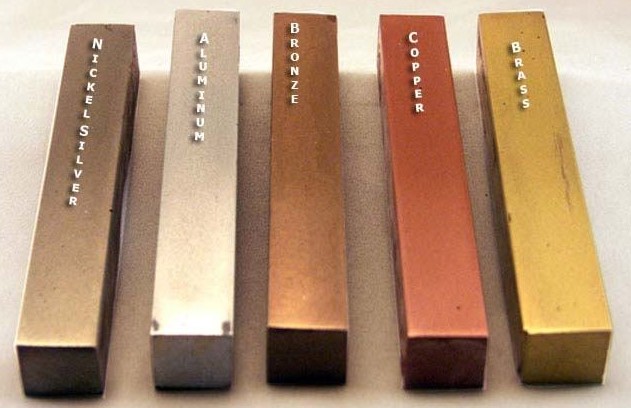
Bronze which is a mixture of tin and copper, with little quantities of other elements has a naturally higher level of resistance to rusting than copper. Brass, an alloy of zinc, copper, and other elements also prevents corrosion.
Therefore, any metal alloy containing any of these three non-ferrous metals, cannot rust.
Conclusion
A metal alloy can rust but it depends on the composition of the alloy. If a ferrous metal (iron) is among the alloy’s components, then it can rust.
But if there is only a tiny amount of iron that’s almost invisible, then the alloy cannot rust because the protective metals which are present in it will form a protective layer that prevents the metal from further corrosion.

